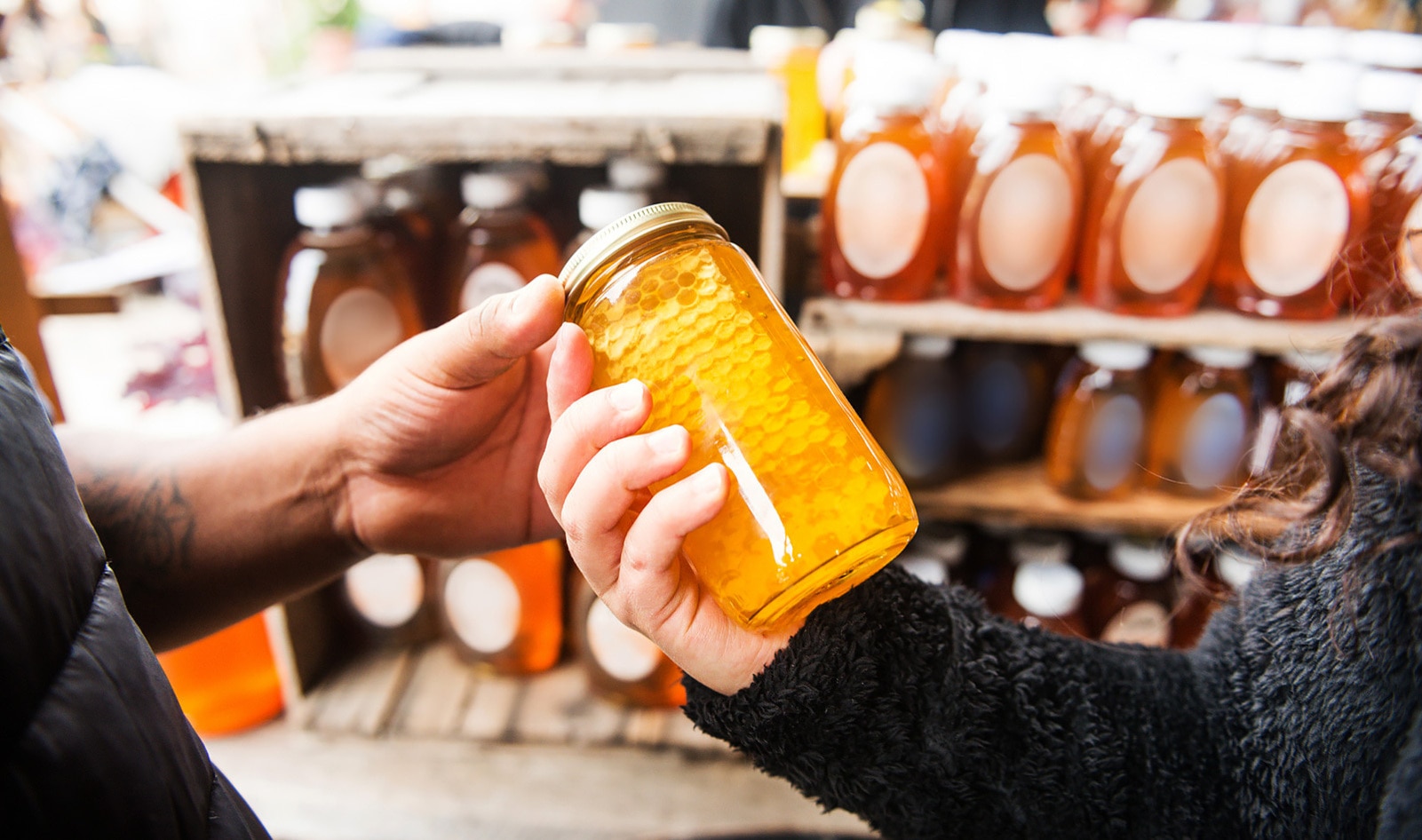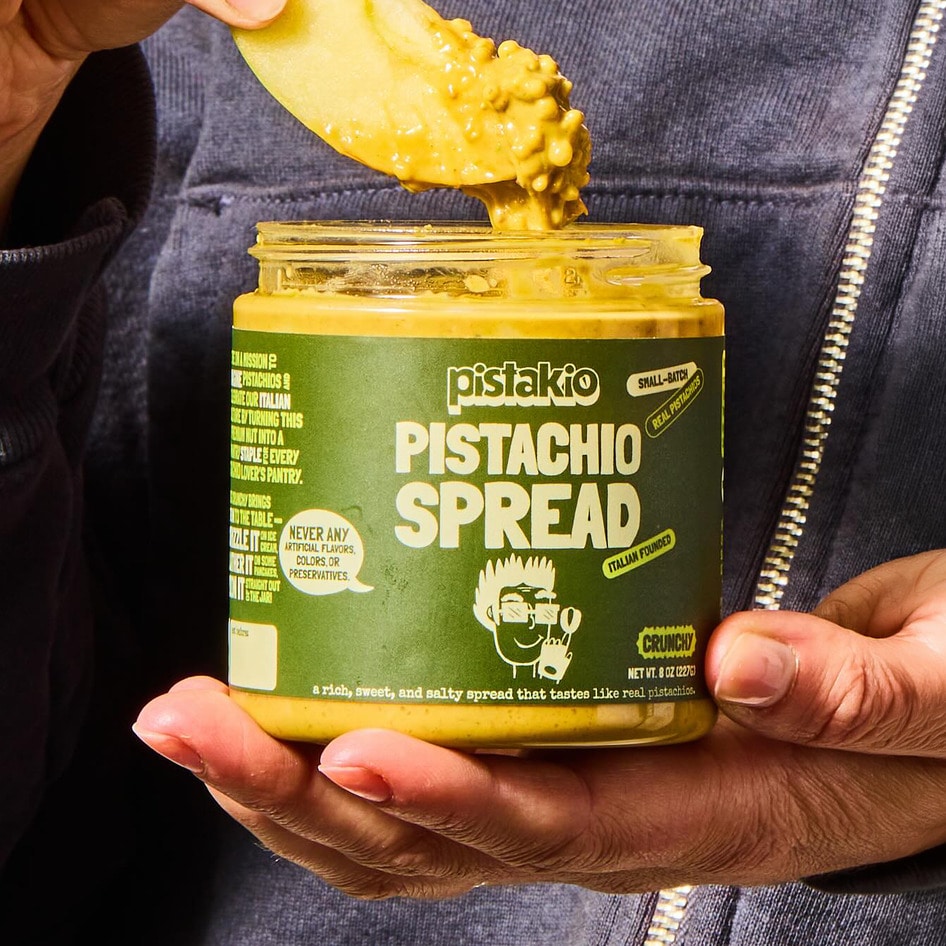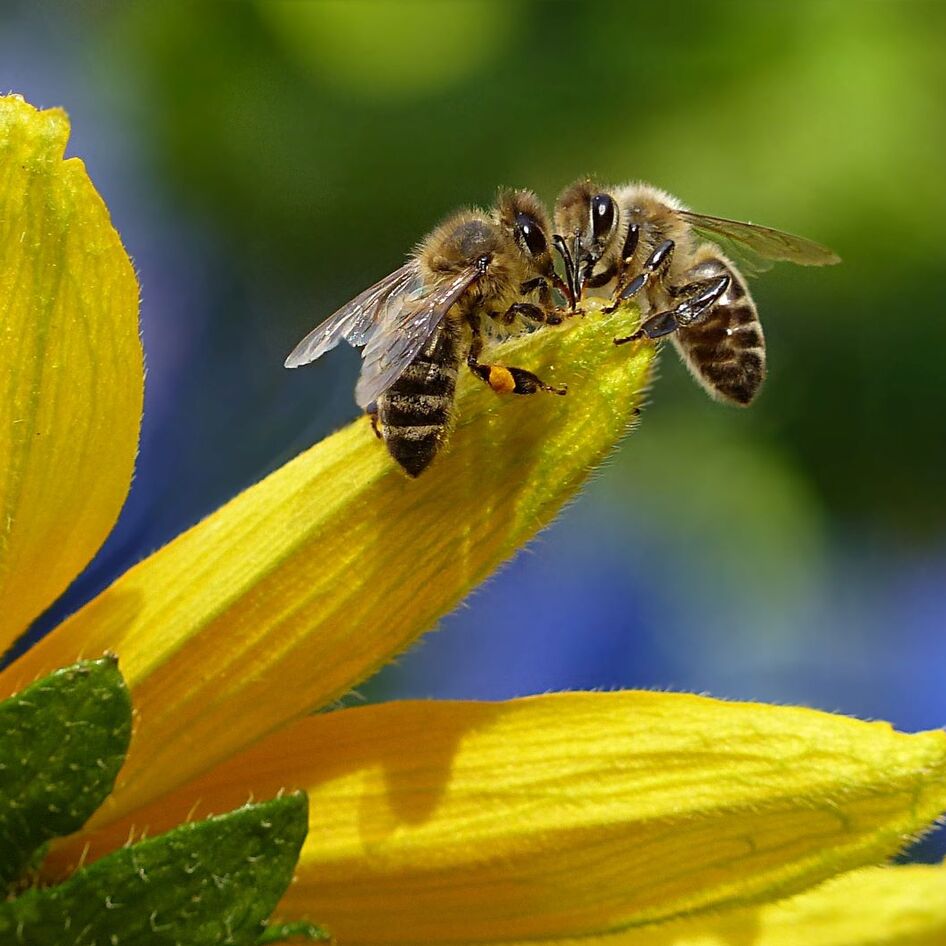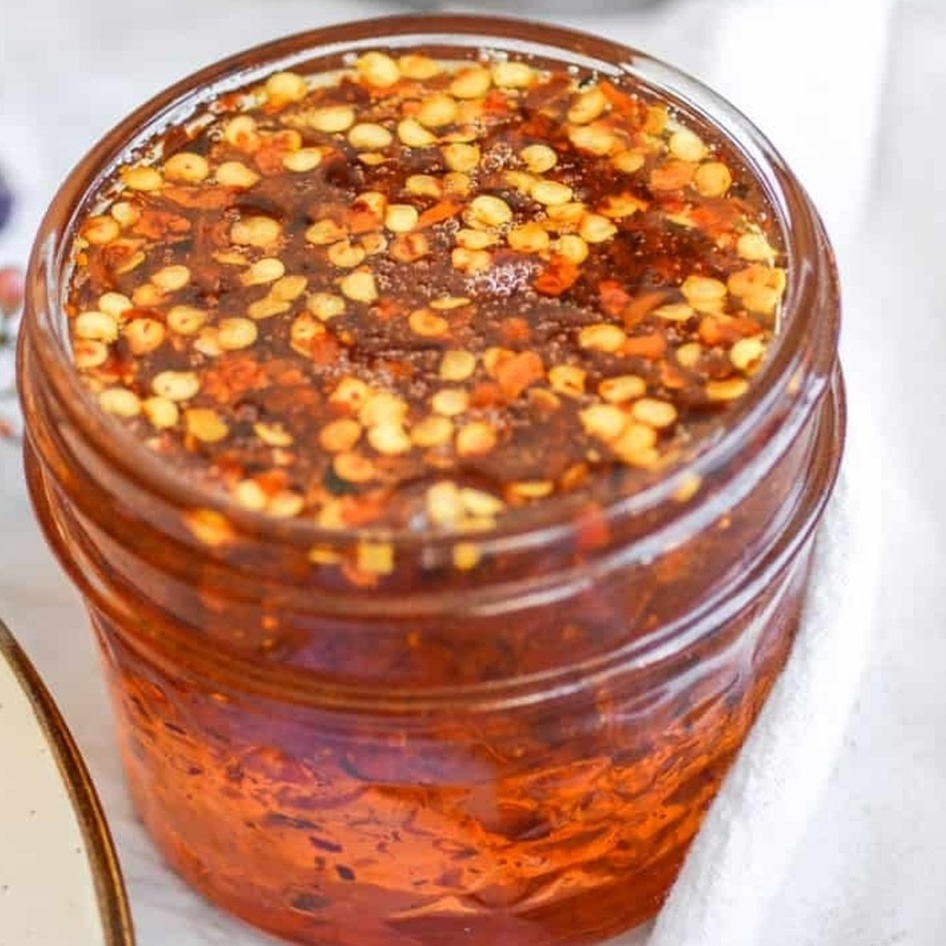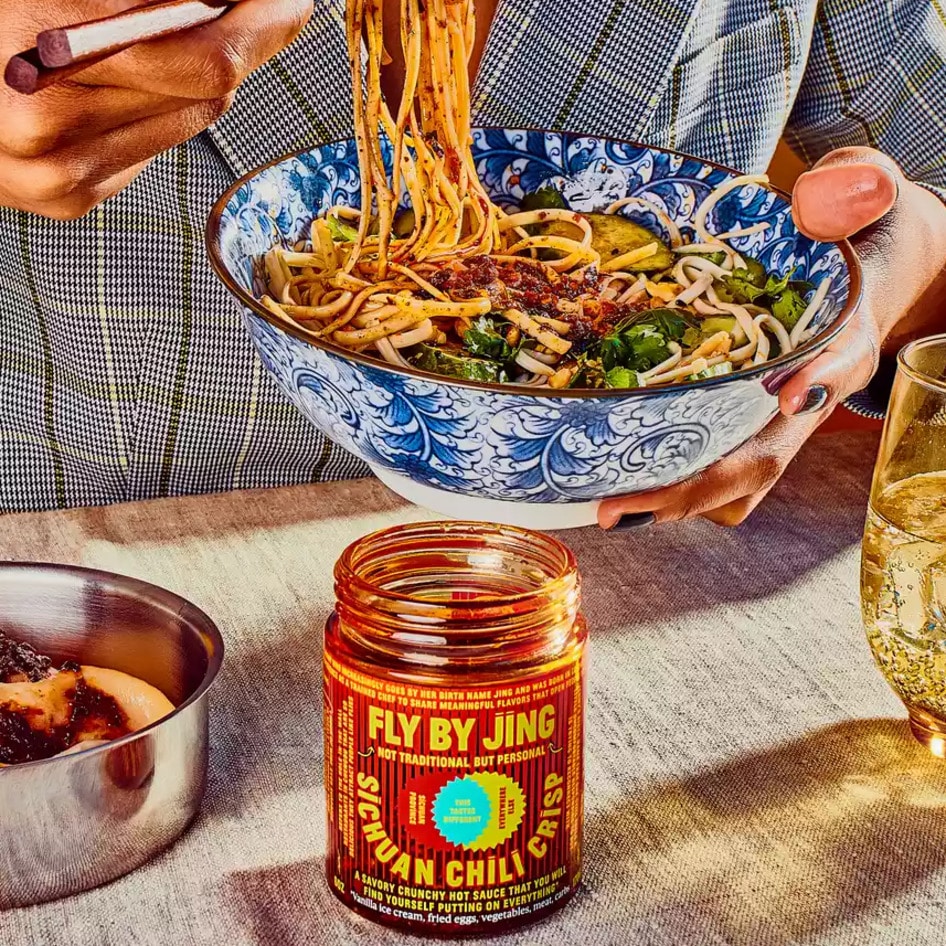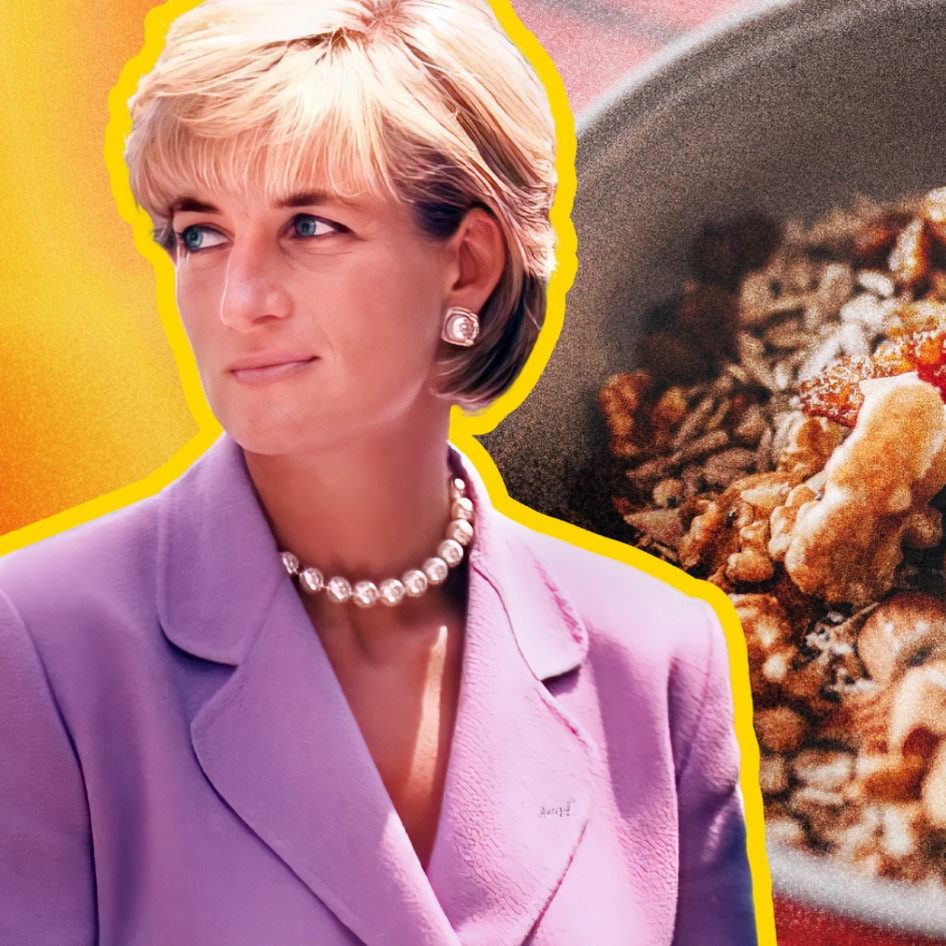European consumers will soon be able to indulge in real honey without exploiting a single bee. That’s because MeliBio, the California-based startup that unveiled the world’s first real honey made without the use of bees, recently announced a partnership with Narayan Foods, Europe’s largest organic and sustainable plant-based food producer.
Through the partnership, MeliBio will become available across 75,000 European stores under Narayan Foods’ Better Foodie brand.
“As a food innovation platform, Narayan Foods is constantly on the lookout for novel sustainable products that would revolutionize the market,” Mario Brumat, founder and CEO of Narayan Foods, says in a statement. “Just by tasting MeliBio’s incredible plant-based honey, we knew we had discovered an innovation that would leave a distinct mark in the industry. We’re thrilled to bring the world’s first plant-based honey to every European household and establish it as the new favorite sweetener.”
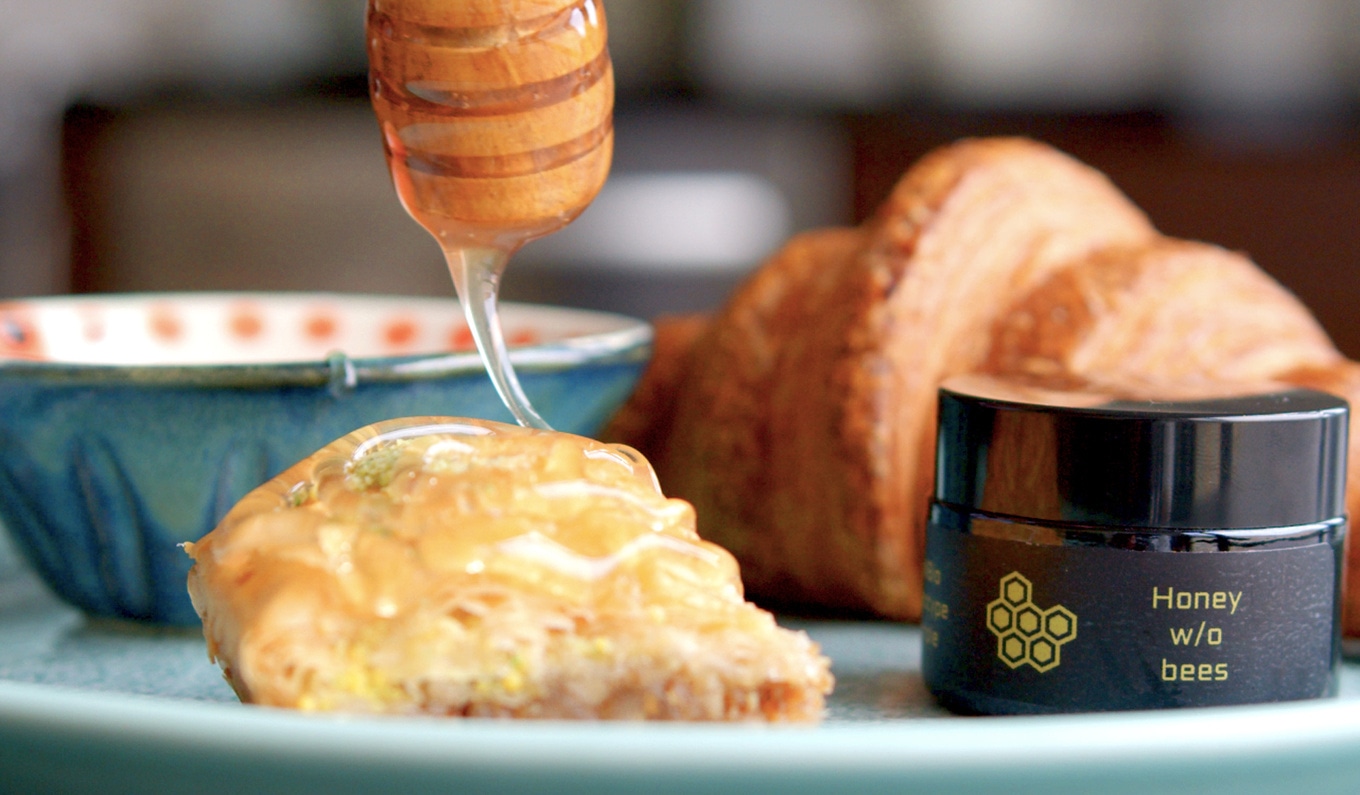 MeliBio
MeliBio
European consumers can expect to find MeliBio’s vegan honey in stores next year, with rollout expected to begin as early as the first quarter.
This news comes just as the startup adds an additional $2.2 million in investments from new and existing investors. Among new investors is The Greenbaum Foundation led by Jim Greenbaum, executive producer of hit vegan documentaries The Game Changers and Seaspiracy.
MeliBio makes real honey without bees
Founded in 2020, MeliBio utilizes patented technology and microbial fermentation to create real honey from plants and natural ingredients, therefore taking bees out of the equation.
The end product, Honey Without Bees, doesn’t just have the same look and taste as honey, it also boasts the same health benefits and is an easy one-for-one swap in culinary applications.
By taking bees out of commercial honey production, MeliBio is paving the way toward a kinder, plant-based food system that doesn’t rely on animal exploitation.
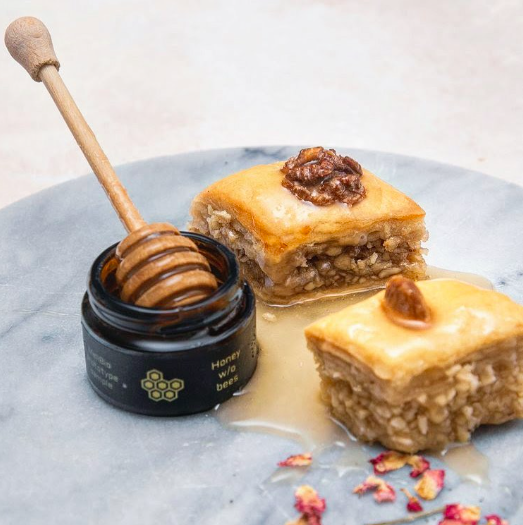 MeliBio
MeliBio
In traditional commercial honey production, bees are exploited for their ability to pollinate and ultimately suffer a host of health complications.
In nature, bees create honey by collecting nectar from flowering plants. After flying from plant to plant to collect nectar, bees fly back to their hives where they regurgitate the sugary substance, reduce its water content, and thus create honey. This honey is ultimately a source of nutrition for bees and is the insects’ primary source of carbohydrates.
In commercial honey production, however, bees are deprived of the honey they work so hard to create. Instead of collecting nectar from a variety of flowering plants, bees are transported to areas where they are only able to consume mono-nutrients from a single crop. They’re exposed to pesticides, no longer hibernate, and instead of relying on honey for nutrients, they are fed sugar water—a nutrient-less substance.
Aside from exposure to pesticides, bees also suffer from wing disease due to selective breeding.
 BAIA
BAIA
MeliBio co-founder and CEO Darko Mandich—who previously worked in the Serbian bee industry—is familiar with the consequences of commercial honey production and is now working to change the industry altogether.
“I am not proud of things I did to the bees in my former roles, but I am happy that as an industry insider I know how to change this outdated industry,” Mandich previously told VegNews.
MeliBio’s upcoming European launch is only the latest step in the CEO’s mission to transform the industry.
“It is with great excitement that I bring our innovative MeliBio plant-based honey to Europe. We are proud to partner with Narayan Foods, one of Europe’s most respected sustainable foods producers, to bring our delicious and sustainable products to Europeans everywhere,” Mandich says in a statement.”
Honey without bees will change the world
Despite launching just two years ago, MeliBio is already making significant strides and collecting awards along the way.
Just last year, Honey Without Bees earned a special mention in TIME’s prestigious list of 100 Best Inventions of 2021. And this year, the bee-free honey was named to the SIAL Innovation Selection 2022, a prestigious food innovation award in Europe.
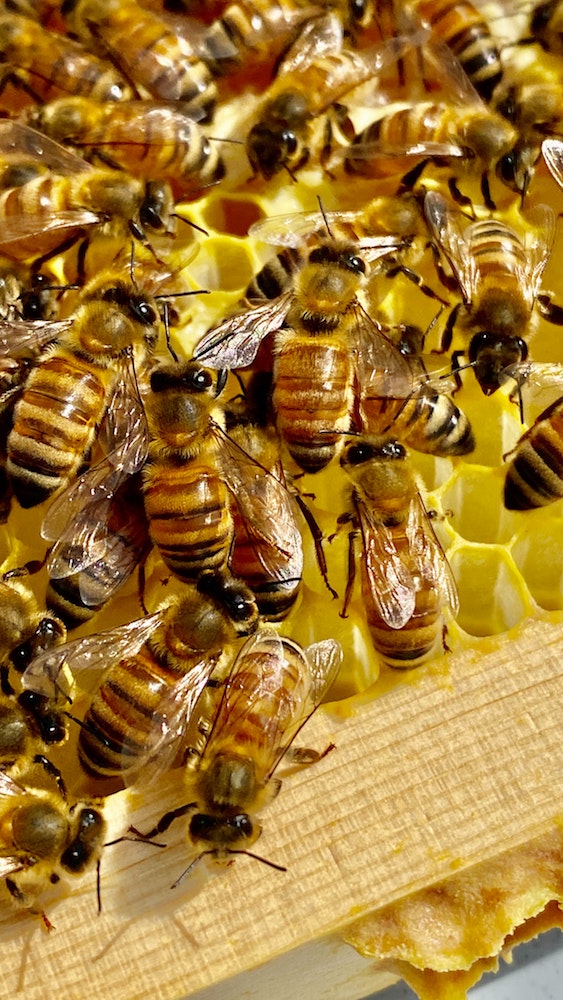 Brad Weaver/Unsplash
Brad Weaver/Unsplash
Beyond awards, MeliBio is helping wild bee populations thrive by ultimately reducing human reliance on honeybees.
Honeybees, which have been domesticated for commercial honey production, are incredibly adaptive and are able to collect nectar from a multitude of blooming plants. Wild bees, however, are known to collect pollen from very narrow sets of plants. When honeybees and wild bees compete for pollen, the latter suffer, and as a result, so do the plants and vegetation that rely on these wild populations.
With an abundance of healthy, varied species of bees, ecosystems are able to thrive. By reducing human reliance on honeybees, MeliBio is paving the way toward healthier, more abundant bee populations and thriving ecosystems.
For the latest vegan news, read:
JUMP TO ... Latest News | Recipes | Guides | Health | Subscribe

